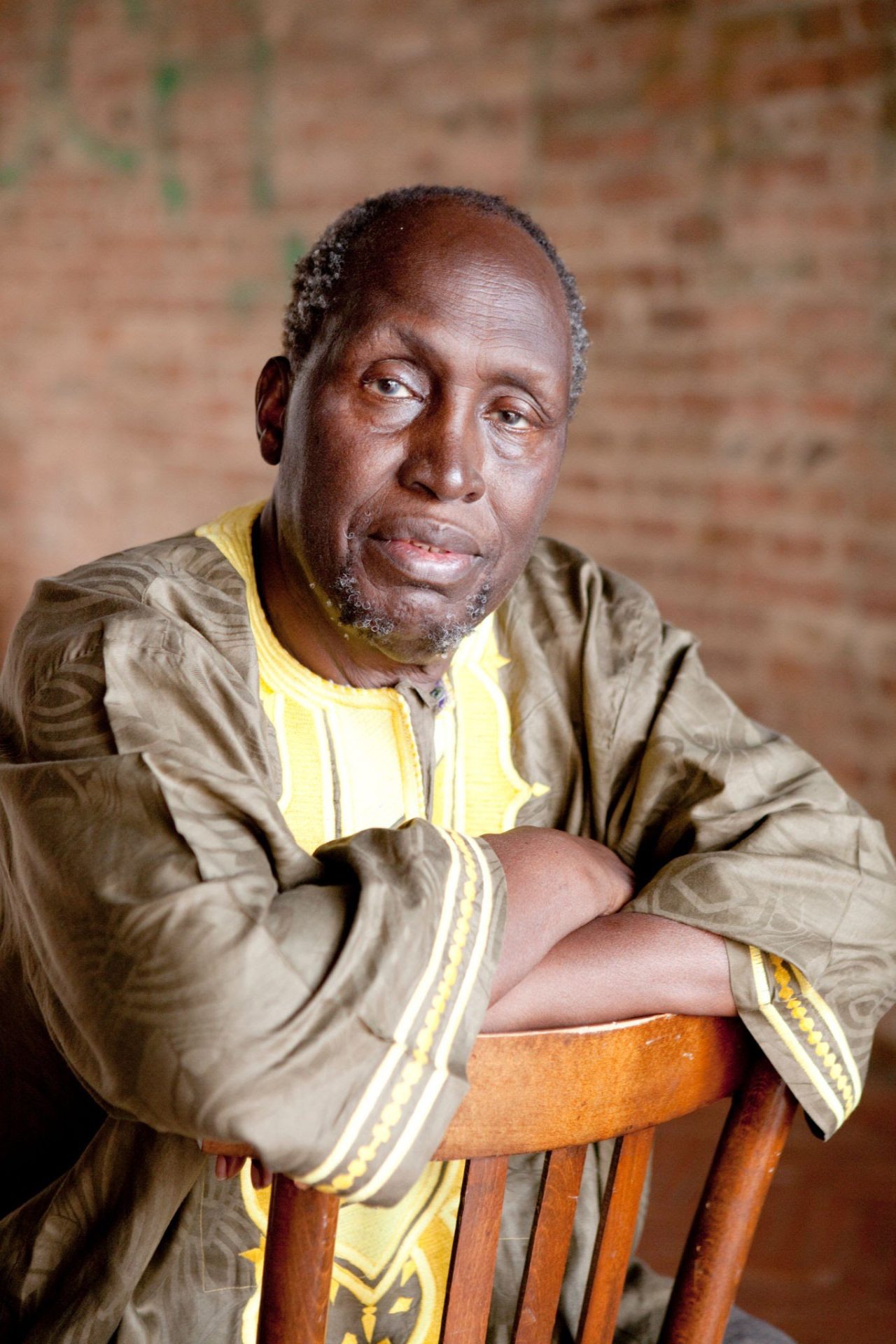Last week, Kenyan author Ngugi wa Thiongo was skipped and Tanzanian Abdulrazak Gurnah was tapped winner in the 2021 Nobel Prize in Literature.
I can’t fathom why the Nobel Committee once again DENIED @NgugiWaThiongo_ — the global literary giant and icon — the @NobelPrize in Literature this year. It’s been the same inexplicable decision for more than a decade. pic.twitter.com/Uh9HpEzFgx
— Prof Makau Mutua (@makaumutua) October 14, 2021
There has been a conversation that Ngugi wa Thiong’o is ‘anti English’- well all his books were originally written in his African dialect.
Even though, his books were later translated to English and other ‘colonial languages’, the Kenyan US exiled author insists that African languages need to be recognised at the same level.
Come to think of it, the Chinese speak their indigenous Chinese languages, Indian speak their languages what about Africans? What is the recognized African language?
“Africa needs back its economy, its politics, its culture, its languages and all its patriotic writers.” ~ Ngugi wa Thiong’o #WakeUpEverybody ✊🏿 pic.twitter.com/xIst37kcrY
— Mzilikazi wa Afrika (@IamMzilikazi) October 16, 2021
Perhaps a better question would be why any of us would care whether @NobelPrize hasn't attempted to shore up its diminishing status as a Eurocentric brand by finally giving Ngugi wa Thiongo its literature award.
— Greg Carr (@AfricanaCarr) October 7, 2021
So, Ngogi wa Thiong’o has been skipped for more than a decade and could this be the reason why?
What an epitome, Ngugi Wa Thiongo is so liberated. A living example of the type of thinking that Africa need.
Chimamanda Ngozi Adichie is dead wrong, you can't embrace the language of your oppressors and claim it as yours. pic.twitter.com/QcpOFQMkeW
— Tanekalouit-Touraouet ⵜⵏⴽⵍⵡⴷⵜ ⵜⵡⵔⵡⵜ (@AishaDaughter) October 8, 2021
Didn’t the elders say “nothing succeeds like success”?
Born in Zanzibar on December 20, 1948, Gurnah fled to the UK with his family in the 1960s as a refugee in the wake of the Zanzibar Revolution. But Gurnah never really left us.
He taught briefly in Nigeria in the 1980s, and most of his 10 novels, as one scholar noted, “are set either fully or partially on the Eastern African Swahili Coast or in Zanzibar.” Gurnah was honoured, the Swedish Academy that hands out the Nobels said, “for his uncompromising and compassionate penetration of the effects of colonialism and the fate of the refugee in the gulf between cultures and continents,” the subjects most of his novels and short stories explore.
Gurnah was the fifth African to win the Literature prize, the others being Nigeria’s Wole Soyinka in 1986; Egypt’s Naguib Mahfouz in 1988; and the South Africa’s Nadine Gordimer in 1991 and John Maxwell Coetzee in 2003.

The rest of Africa have ‘eaten’ Nobel Prizes
Here is what Charles Onyango-Obbo, a journalist, writer, and curator of the “Wall of Great Africans” wrote on the East African.
According to Charles Obbo, Gurnah’s Nobel might go some way to heal what East Africans consider a literary injustice. Western Africa, Northern Africa, Southern Africa, had all “eaten” the prize, but the wider East Africa hadn’t.
For many years there have been expectations that Kenyan author Ngugi wa Thiong’o would be the one to bring it home. The job instead fell upon Gurnah’s slight frame.
Your culture is your immune system .
Marimba AniNgugi Wa Thiongo wrote
"If you know all the languages of the world and you don't know your mother tongue or the language of your culture, that is enslavement. But if you know your mother tongue or the language of your culture.. pic.twitter.com/kwSBJEFsxS— Africa rise☉☉ (@ukuthulaekhaya) October 6, 2021
Yet, Gurnah and Ngugi are joined by a very East African experience; exile, flight, of being in while out, of being home but homeless. It is the fate of many of East African leading writers and intellectuals. Imprisoned for his writing and theatre, Ngugi was exiled from Kenya at the end of the 1970s during the rule of Kanu and then president Daniel arap Moi.
He was just one of many Kenyan intellectuals and writers who fled the country at that time.
One of Africa’s most renowned poets, Okot p’Bitek of the Song of Lawino fame, fled Uganda during the rule of military dictator Idi Amin in the 1970s. With him were playwright Robert Serumaga, John Ruganda, and a few artists.
South Sudanese poet and literary critic Taban lo Liyong wandered the breadth of Africa until his country became independent.
Somali writer Nuruddin Farah has been a nomad for over 40 years.
Immaculée Ilibagiza, Yolande Mukagasana and Clemantine Wamariya are a handful of the long list of Rwandan writers who fled the country as survivors of the 1994 Genocide against the Tutsi or earlier pogroms.
Gurnah’s most popular novel is Paradise, which was nominated for both the Booker Prize and the Whitbread Prize for Fiction.
It’s the story of Yusuf, a lad from the fictional town of Kawa in Tanzania, who is sold by his father to repay a debt. Yusuf eventually joins a caravan as it travels through the Congo Basin, navigating wars and all sorts of chaos, and returning to East Africa to the sight German troops. The First World War had started.
There is a Yusuf in many of these writers. It’s just that they defied the odds and made silk purses out of sows’ ears.






















